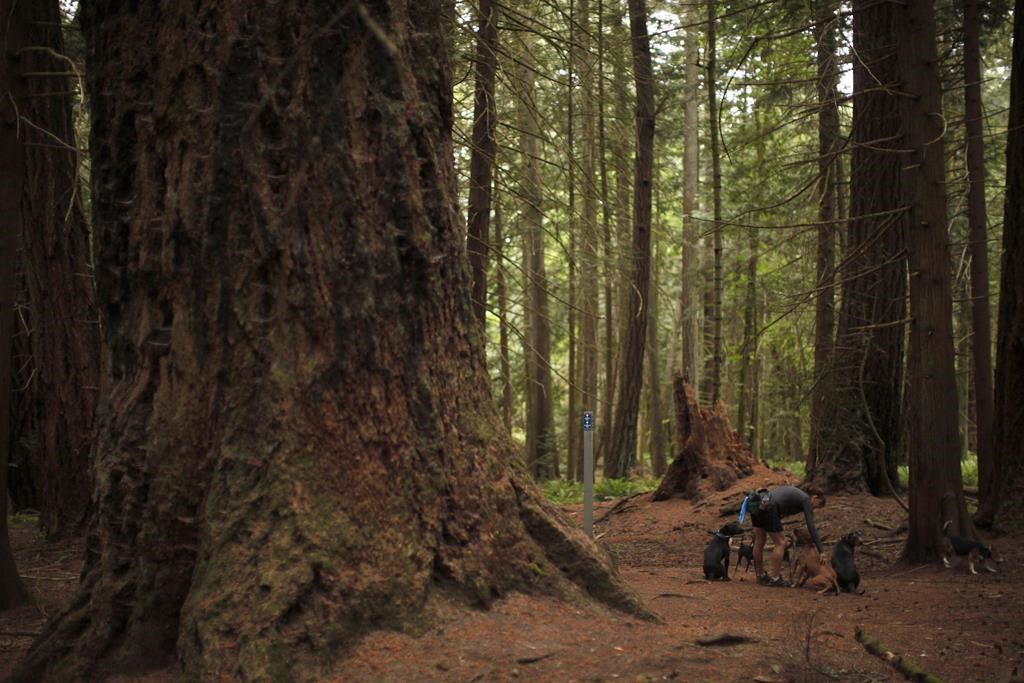Federal agency terminates environmental assessment of proposed N.S. gold mine
Atlantic Mining Inc. did not provide required studies for Cochrane Hill project by deadline
Frances Willick · CBC News · Posted: Aug 31, 2022

The federal environmental assessment agency has terminated its evaluation of the proposed Cochrane Hill gold mine on Nova Scotia's Eastern Shore, but the company behind the project says it still plans to pursue it.
The Impact Assessment Agency of Canada informed Atlantic Mining NS Inc. of the termination on Monday, stating the company failed to submit the required information and studies by its Aug. 28 deadline.
The company, a subsidiary of Australia-based St Barbara, wants to develop an open-pit gold mine near Melrose, N.S., about 13 kilometres north of Sherbrooke.
St Barbara already operates one existing gold mine in Nova Scotia, the Touquoy mine in Moose River, and has two other mine proposals — Beaver Dam and Fifteen Mile Stream — in various stages of the environmental assessment process.
In a statement late Tuesday, St Barbara said it remains committed to successfully permitting a project at Cochrane Hill.

The company was up against the Aug. 28 deadline to submit studies for all three projects, but had an option to request an extension. It did so for Beaver Dam and Fifteen Mile Stream, but intentionally left out Cochrane Hill.
In its statement, the company said it decided not to request the extension for Cochrane Hill because its focus is on the Touquoy operation and the assessments for Beaver Dam and Fifteen Mile Stream.
"We have an opportunity to consider important changes to the Cochrane Hill Gold Project related to resource confirmation, mine planning, and feedback already received from First Nations, the public, and other stakeholders," the statement said.
"The environmental assessment process is a planning tool, and we will take this opportunity for further and ongoing engagement with First Nations, the public, and other stakeholders."
St Barbara did not directly answer a question about its anticipated timeline for the Cochrane Hill proposal, but said it will be studying the impact of the decision on permitting timelines.
The company was granted a three-year extension for Beaver Dam and Fifteen Mile Stream, and now has until Aug. 28, 2025, to submit the required information.
Project met with opposition
The Cochrane Hill proposal has met with significant opposition from residents and organizations concerned about the impact on the environment.
Those concerns include the potential effect on the nearby St. Marys River, where a long-term salmon restoration project has seen success, and Archibald Lake, which is smack-dab in the middle of the proposed mine. The company had planned to draw water from the lake or river for use in mining operations.
The province is currently considering wilderness protection for Archibald Lake, but progress on that decision has been slow.

Raymond Plourde, the senior wilderness co-ordinator of the Ecology Action Centre, says the termination of the environmental assessment is good news — for now.
"Hopefully this project is just dead and won't come back, but I think that's perhaps too optimistic to hope for."
Plourde says with the termination of the assessment, "effectively, legally, there is no project in the works."
"So there is therefore no reason for the provincial government to hesitate any longer on protecting Archibald Lake, and it should proceed immediately with doing so."
A spokesperson for Nova Scotia Environment said in a statement Wednesday the department had just become aware of the termination, and is considering any implications. The statement said the province heard many viewpoints during its consultation on Archibald Lake and is "taking the time to consider them carefully" and does not have a timeline for the decision.
New assessment rules
All three of St Barbara's proposed mines were filed for assessment under the 2012 Canadian Environmental Assessment Act. That act was repealed in 2019, when the Impact Assessment Act replaced it.
If the Cochrane Hill project is resubmitted, it would be subjected to the 2019 regulations, which Plourde says are more stringent.
Unlike the 2012 rules, the 2019 rules require early planning and public engagement, federal and independent reviews of science and consideration of Indigenous knowledge and impacts. The new act also broadens the scope of assessments to include both positive and negative impacts of projects rather than focusing solely on minimizing adverse environmental effects.
The company has previously said the Cochrane Hill mine would create 190 full-time jobs, with as many as 300 during the year of construction.











